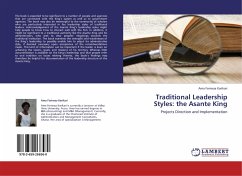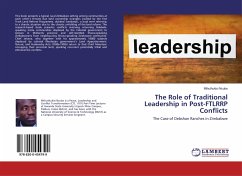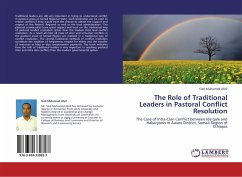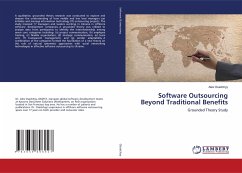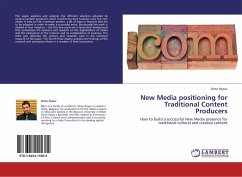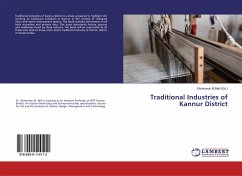The book is expected to be significant to a number of people and agencies that are connected with the King s system as well as to government agencies. The book may also be meaningful to the community of scholars who are particularly interested in the leadership styles of traditional leaders. Acknowledgement of the Asante King s leadership styles might help people to know how to interact well with the him. In addition, it might be significant to a traditional authority like the Asante King and his administrators, who seek to clear peoples misgivings towards the traditional institution. The book examines the strengths and weaknesses of the King s leadership to possibly enable him to adjust his administrative style, if deemed necessary upon acceptance of the recommendations made. This kind of information can be important if the leader is keen on achieving the visions, goals, and missions of his territory. Whereas little documentation is available on the King s leadership and that people refer to oral tradition on issues relating thereto, the book s findings may therefore be helpful for documentation of the leadership structure of the Asante King.
Bitte wählen Sie Ihr Anliegen aus.
Rechnungen
Retourenschein anfordern
Bestellstatus
Storno

